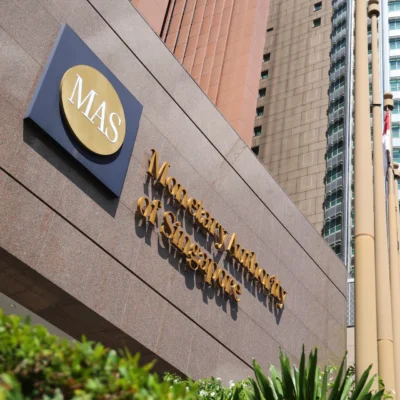A pre-IPO placement is a private sale of unlisted shares before the formal IPO process, while an anchor book placement is a specific, regulated allocation of shares to institutional buyers just one day before the IPO opens to the public.
“In the current market, we are seeing a resurgence of late-stage interest in pre-IPO placements, particularly in high-growth and consumer-facing businesses,” said Prakash Bulusu, joint chief executive officer (CEO), IIFL Capital. “Investors want to lock in valuations that often look more attractive than post-listing levels.”
Bulusu added that the next few quarters could see more such transactions. “As long as markets remain stable and domestic liquidity stays strong, pre-IPO rounds will remain an important step for issuers and institutional investors seeking early exposure to category leaders,” he said.
A founder of an IPO-bound company, who did not wish to be named, told Mint that such placements give investors a head start on building a sizeable position. “It also shows confidence in the company’s long-term potential,” the founder added.
The surge also coincides with Sebi’s 24 October circular that barred mutual funds from participating in pre-IPO placements, although they are expected to continue participating through their alternative investment funds (AIFs) and portfolio management services (PMS).
Comeback trail
This marks a comeback for such deals after they slowed last year. According to Prime Database, 9 of the 86 companies that went public this year (as of the first week of November) collectively raised ₹4,300 crore through such placements, surpassing the ₹3,950 crore raised in all of 2024.
Recent deals highlight this surge. Think Investments acquired ₹136 crore worth of shares from 14 employees of Physics Wallah last week, while SBI Funds, DSP India Fund and Think India Opportunities Fund together invested ₹144 crore in Aequs Ltd. earlier this week. Lenskart, too, raised about ₹100 crore from SBI Optimal Equity Fund and SBI Emergent Fund (both AIFs) after securing ₹90 crore from billionaire investor Radhakishan Damani.
“In the recent set of listings across tech-enabled financial services, healthcare, and premium consumer brands, late-stage investors have entered just weeks before the DRHP (draft red herring prospectus) roadshow,” Bulusu said.
Companies such as Standard Glass Lining Tech, Scoda Tubes, Arisinfra Solutions, Brigade Hotels Venture, All Time Plastics, Patel Retail, and GK Energy have also attracted marquee investors including Amansa Investments, Malabar India Fund, 360 One Special Opportunities Fund, and Kotak Iconic Fund for pre-IPO placements this year, the data showed.
Such activity has been most visible in issues under ₹1,000 crore, for which institutions are using pre-IPO placements to secure allocations ahead of high-demand listings. Since shares bought in pre-IPO placements are typically locked in for six months, there’s no immediate selling pressure after listing, said Sudhir Bassi, executive director, capital markets, Khaitan & Co
“The momentum will likely continue, supported by a maturing ecosystem and a growing focus on risk management and returns,” said Akhoury Winnie Shekhar, partner at CMS IndusLaw.
Pre-IPO funding slows
While late placements are picking up, pre-IPO funding rounds—transactions that usually take place 12-18 months before a listing—have slowed. Companies raised ₹24,470 crore through such rounds in 2025 (as of 7 November), down about 46% from ₹45,181 crore in 2024.
Experts said this is because as valuation gaps between private and public markets narrow, the potential upside for those buying in early has shrunk. “The price at which a pre-IPO investment happens 18 months before listing is not a benchmark for the IPO price,” said Bassi. “It can move either way, depending on company performance and market conditions.”
Secondary pre-IPO activity has dropped even more sharply to ₹3,618 crore this year from ₹16,434 crore in 2024, suggesting that early investors are holding back and choosing instead to sell via the offer-for-sale (OFS) route or after the listing.
Pre-IPO funding rounds generally take place a year or more before the listing as part of a company’s final private raise. Pre-IPO placements, by contrast, occur much closer to the IPO, often after the price band is set, allowing select investors to buy in at a more market-aligned price.





